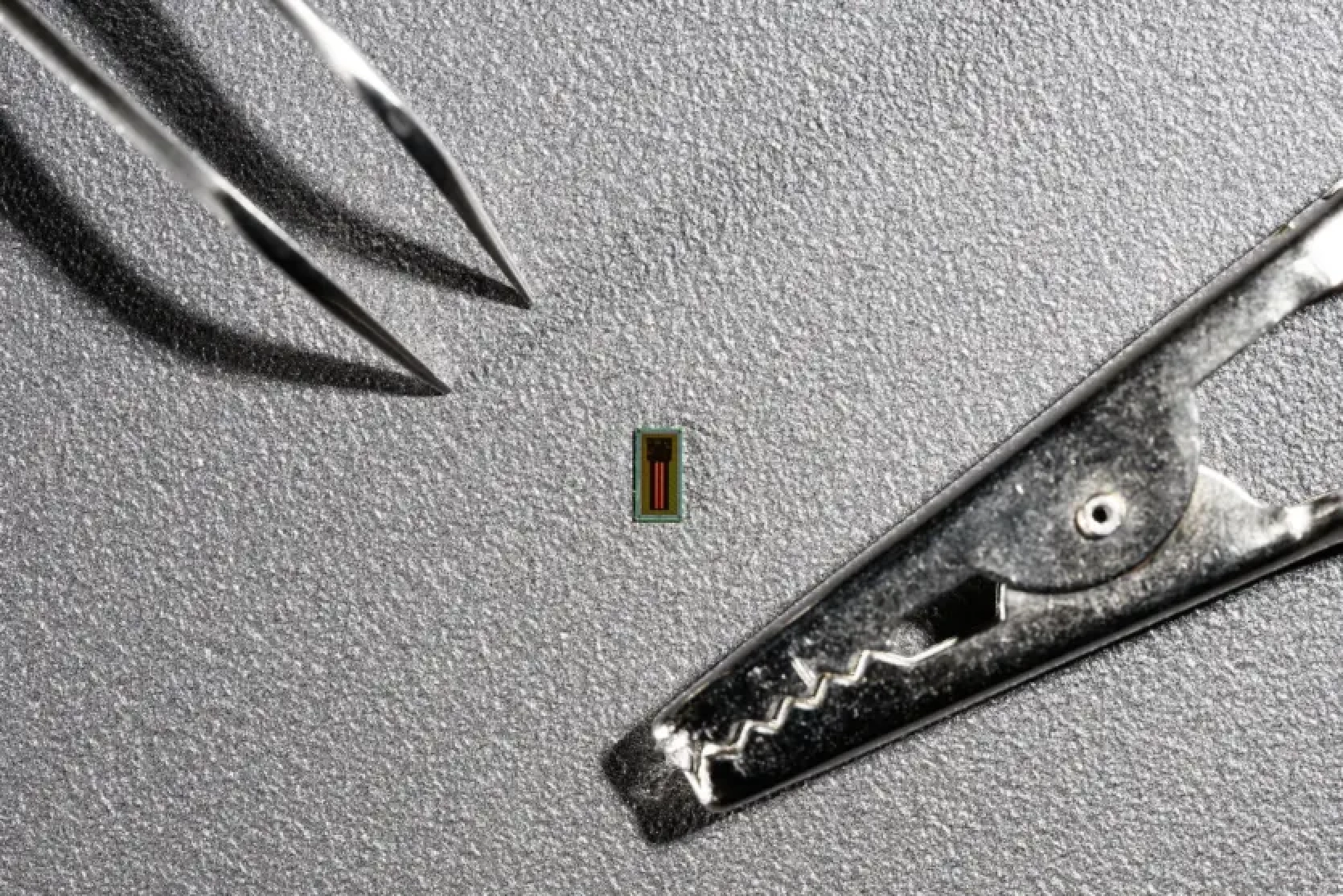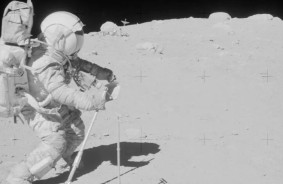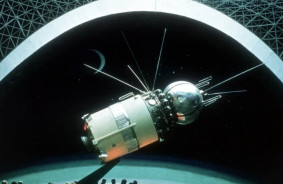This chip surpasses its counterparts in both size and efficiency.
Swiss scientists have made a significant advancement in the development of brain-computer interfaces (BCIs). A research team from the École Polytechnique Fédérale de Lausanne (EPFL) has created a miniature chip capable of transforming brain activity into text with remarkable accuracy.
The MiBMI device consists of two thin chips that together cover just 8 square millimeters, which is considerably smaller than Elon Musk's Neuralink chip, measuring approximately 23x8 mm.
MiBMI is characterized by low power consumption, minimal invasiveness, and the ability to process data in real time. Unlike Neuralink, which requires the implantation of 64 electrodes in the brain and processes data through an external application, the Swiss chip is a fully integrated system.
The device operates by monitoring the brain's electrical activity. The chip interprets the signals generated when a person imagines writing a letter and converts them into text. Although MiBMI has yet to be tested on humans, it achieved an accuracy rate of 91% in translating brain activity into text during tests on actual neural recordings.
The success of the new chip is partially due to an innovative approach to reading speech signals from the brain. Researchers identified specific neural markers that are activated when a patient envisions writing each letter. These markers, referred to as distinctive neural codes (DNC), serve as a sort of shorthand representation for each letter.
The DNC system allows the chip to process only the markers rather than thousands of bytes of neural data associated with envisioning each letter. This has significantly reduced the chip's size and power consumption. Scientists believe that this system will also shorten the training time for individuals who will have the chip implanted.
Currently, MiBMI is capable of recognizing 31 distinct symbols, a record for integrated systems of this type. Researchers plan to expand this number to 100 symbols.
Developers see potential for their invention to assist people with severe motor impairments, such as those with amyotrophic lateral sclerosis (ALS). They are also exploring possibilities for using the system for speech decoding and movement control.
Source: Newatlas














Comments (0)
There are no comments for now